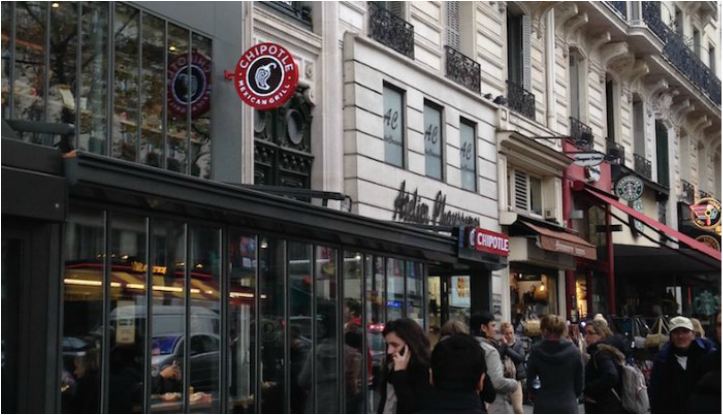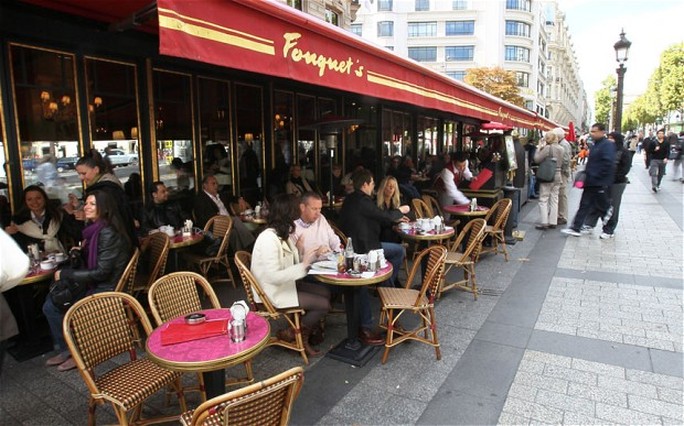
The most important characteristic of French business culture is the emphasis on courtesy and formality. Titles (Dr, Prof. etc.) should be used both in correspondence and in face-to-face meetings, business contacts are not normally addressed on a first name basis.
Would you like to learn French? Available in our VLLC Melbourne Centre, VLLC Adelaide Centre and Online.
http://www.ibtimes.com/doing-business-france-8-cultural-cues-make-or-break-deal-368258




